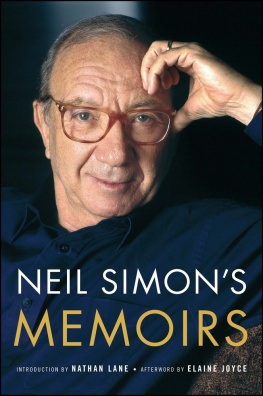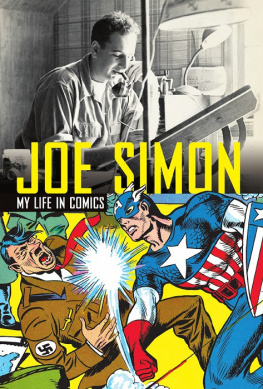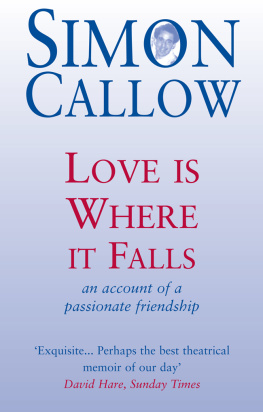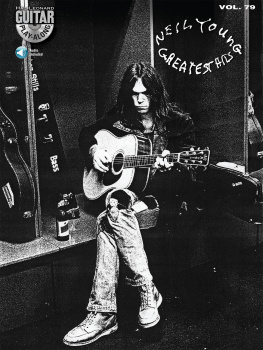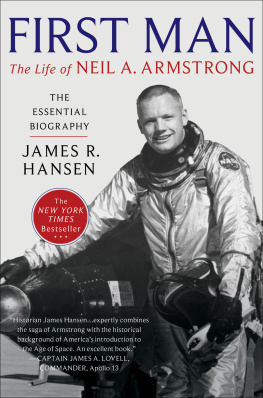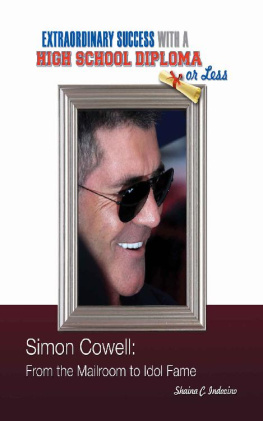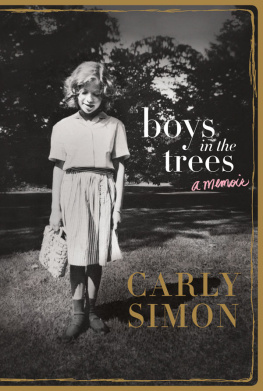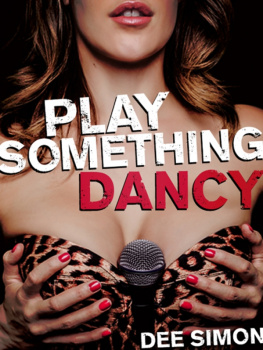ACKNOWLEDGMENT
My enormous gratitude to Michael Korda, for his willingness to go to bat with me again; to Charles Chuck Adams, Editor Extraordinaire; Gypsy da Silva, Copy Supervisor Extraordinairess; Victoria Meyer and all those supporters at Simon & Schuster, and to my invaluable assistant, Terry Oxford, and to my good friend Morton Janklow.
TAKE IT FROM THE TOP
AS I WRITE THIS , a year has passed since Diane and I separated and eventually divorced. My torn rotator cuff has healed, but the end of an eight-year marriage still gives you aches and pains, whether its rainy weather or not. If there was true love in the marriage, and there would have to be for two people to stick it out so longat least a trace of it will linger, continually finding a way, somehow or somewhere, to remind you. For both of us, I hope there eventually will be friendship. I have achieved that with Marsha, and recently we worked together again, when she went to London, reunited with Richard Dreyfuss (since The Goodbye Girl) in a play I wrote thirty years ago, The Prisoner of Second Avenue. It was great fun watching Marsha saying my words on a stage, and saying them brilliantly. Time does not necessarily heal everything, but it does give you a chance to forget the anger and make you remember why you loved in the first place.
For Diane, I hope for a life that will make her happy. She always did find a way for herself. For Bryn, I hope she still has faith that a good relationship and/or marriage is always possible for her, if thats what she wants. Although its not possible for me to see Bryn as much as we did when we lived under the same roof, as her father and someone who cherishes her, I hope we will always be close. For myself, Ive already found the stirrings of a new way of living. At the age of seventy-one and in relatively good health, Im still vigorous and excited about life. Im not all that keen about plunging into old age, but I feel if I keep on working and being with exciting people, I may never notice that it came knocking on my door.
And I am writing again. I recently finished a new play called The Dinner Party. What is the subject? Divorce. No surprise there. Its not anything about Diane and myself, or even about Marsha and me. What Ive tried to do was to follow three couples who were divorced two or three years ago, and I attempted to see what would happen if they were all to meet unexpectedly in very unusual circumstances. Theres also another play Ive started, one that takes place in South America. I cant explain it yet since its making up its mind in its own good time to reveal itself to me. I said in my previous book, Rewrites, that I didnt know how to stop writing. I think now I actually do know how to stop, but the thing is, I dont choose to. Its an old friend, and it continues to travel with me wherever I go.
I still love the mechanics of it. I still feel an intense desire to put pen to paper, to put words to use, to put ideas into stories and to wed new stories into even newer forms. At this point I have no need or concern as to where my plays appear. Broadway would be fine, but so would a small regional theater in Louisville or San Diego. To paraphrase someone elses line, if you write them, they will come. That is, if you write them well. There will always be an audience somewhere who yearn for the excitement of discovering a new play or a new play playwright. That I might even be that new playwright.
For me, I hope there will be additional satisfactions besides my work. I hope to finally find more time for my family, for my friends, old and new, to enjoy a world of places I planned on seeing but put off because I had a play opening in a place not nearly so attractive. I need to become aware of ideas to which Ive paid no heed before; to see for the first time that which I have so often turned my back; to pay attention to what someone asks of me instead of using Im working as an excuse to explain that I dont have the time. I hope for all this and more. I feel now that while I have fewer years to live, I have more time in which to live them. I dont necessarily think of marriage again, but as for love and companionship, the door remains open. Ive learned that you cant have everything but Ive also learned that the simple truth is, you dont need everything.
In closing, I would just repeat a philosophy that the woman analyst in Jakes Women leaves with Jake as she slowly fades out of his imagination.
Remember, Jake, she says. You always have options options ...... options ............. options.
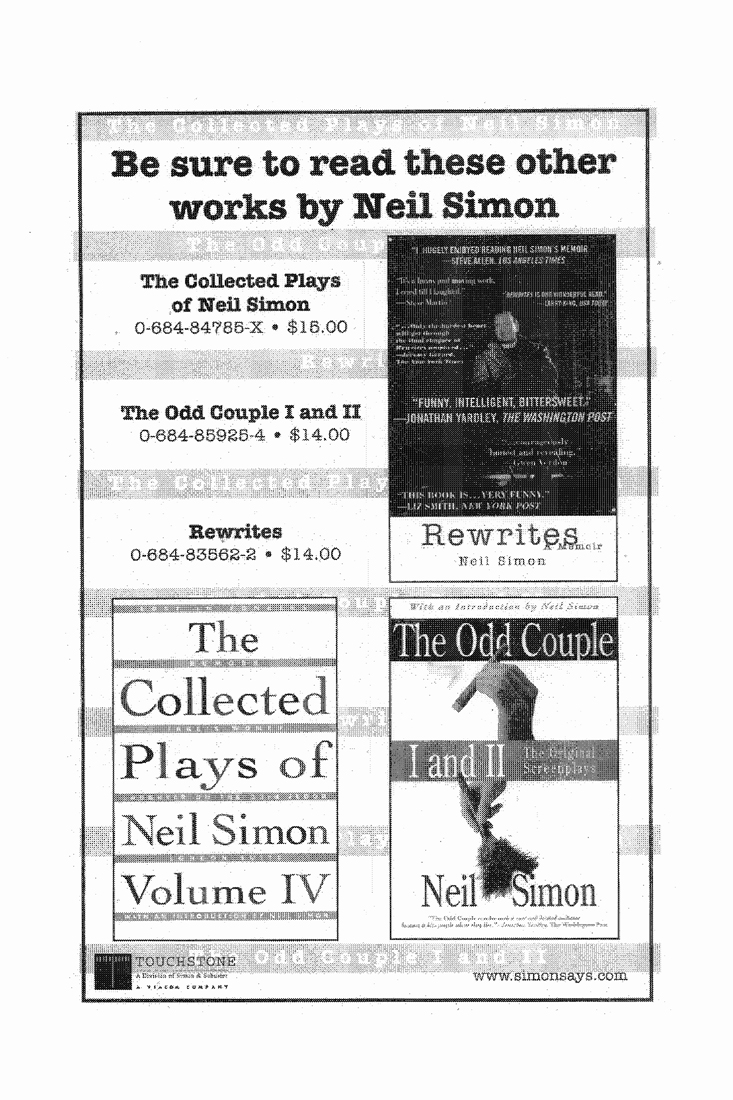
LIFE REVISITED
1
EVERYTHING STOPPED . The sun came up, the clocks ticked on but nothing moved. I was always a morning person: the first one up in the house, the first one dressed, the first one down in the kitchen, the first one at breakfast.
But now I was still in bed, without a clue as to what time it was. I could hear the hum of the air conditioner, feel a chill in the room and yet my pajama tops were drenched through with perspiration. Were the girls upstairs in their rooms, silently waiting for me to come up to tell them what we would do with this, the first day of our lives on our own? I was fighting the act of awakening. I kept my eyes closed in hopes that sleep would overtake me once more, buying me more time before I would have to take a deep breath and then release it, acknowledging that I was alive. The future was a totally unpleasant prospect and I wasnt quite ready to deal with it. We had buried my wife, Joan, the day before at the Pound Ridge Cemetery in New York. She had just turned forty and had died of cancer, the most surprising thing she had done in a life filled with surprises.
I clung tenaciously to the darkness behind my closed lids, trying to keep the daylight at bay, much as I had as a boy when it was time to leave the local movie house, knowing that I left Humphrey Bogart or Errol Flynn still battling villains on the screen, while outside I squinted at the glaring harshness of the four oclock sun and faced the heat of another endless summers day.
Nancy was ten and Ellen was fifteen. It was July 12, 1973. Eight days before, on the Fourth of July, I had turned forty-six. It might as well have been sixty-six for all the lethargy and despondency I felt in my aching mind and body on that dreary morning. I pushed myself out of bed and crossed to the closet, looking for a robe that I almost never wore. Robes always made me feel either sick or old or both. Mine was a gift from Joans mother, and I had feigned delight and pleasure when I opened it in front of her at an earlier birthday, knowing that I would never wear it, that it would only take up valuable space in my small closet. How ironic that I would be putting it on today, the day after her daughter died. But I needed a robe that morning because I did not want to face the girls in sweaty pajamas, although I had neither the strength nor inclination to get out of those pajamas, nor could I imagine myself doing so in the foreseeable future. What for? There was nothing outside that small town house on East 62nd Street that I wanted or needed to see. Nor anyone besides my daughters. I neither asked for nor invited friends or family to pay us a condolence call. At least not on that first day. The few really close friends I had would call later that morning, but they understood when I said, Not yet. Give me today alone with the girls. Despite the fact that I had been aware for the past year and a half that Joan was going to die, I was unprepared for what I experienced on that first morning. It was not exactly grief, because, in a sense, I had been grieving those last few months of her life. This was a feeling of numbness, inertia and confusion, leading to a frightening inability to make a decision, trivial or otherwise. I have no memory of when I first saw the girls that morning, but Nancy told me recently that for some inexplicable reason, what she pictures in her mind today was the three of us in semi-darkness, sitting on the steps leading from the kitchen down to the basement. An implausible place to meet, and yet, for that morning, as plausible as any.

